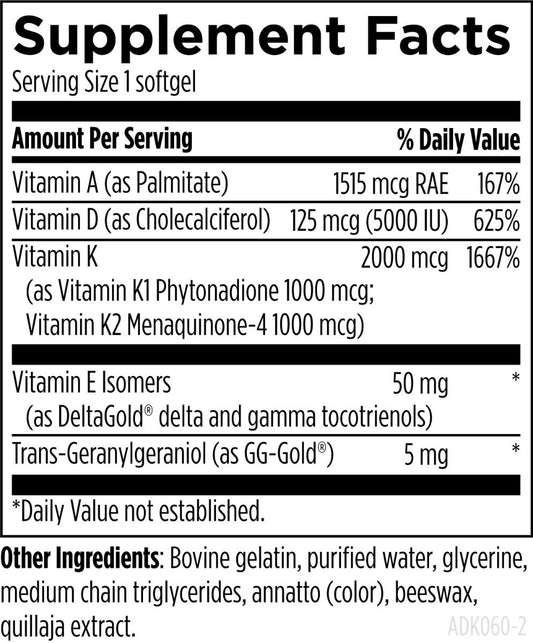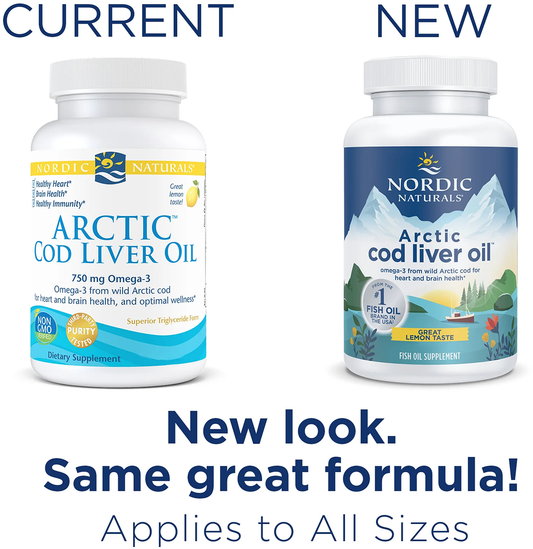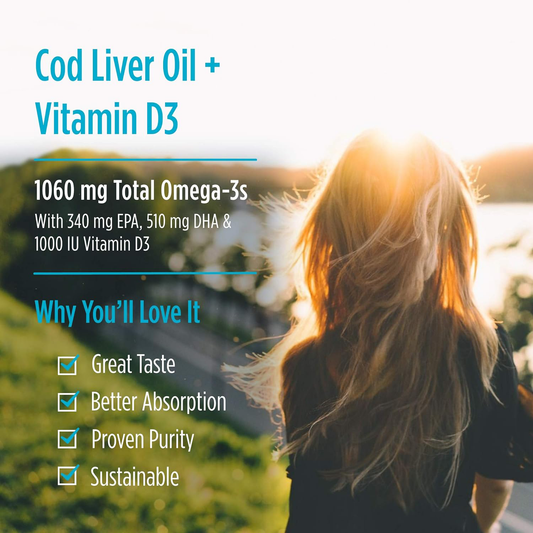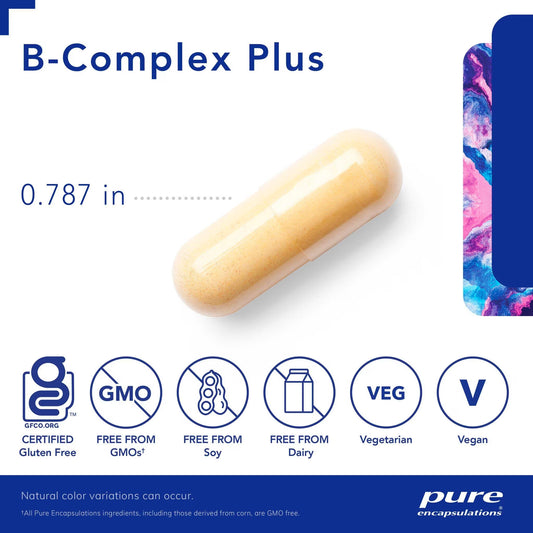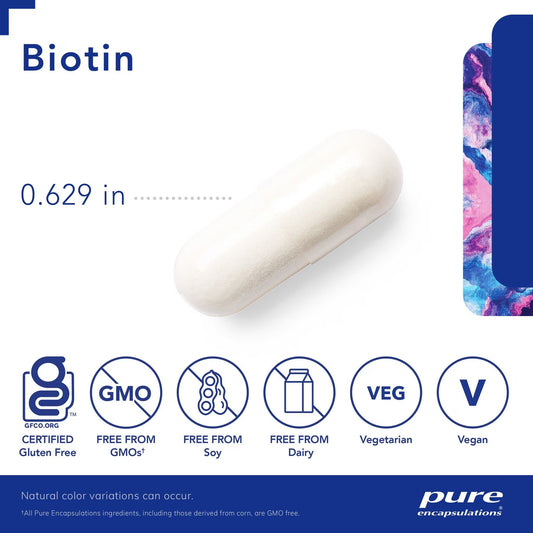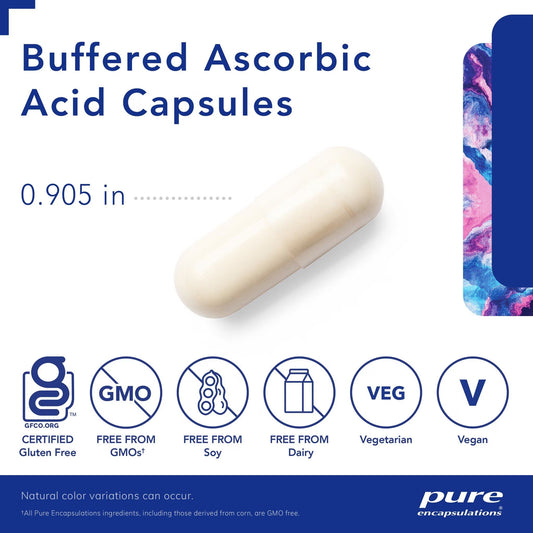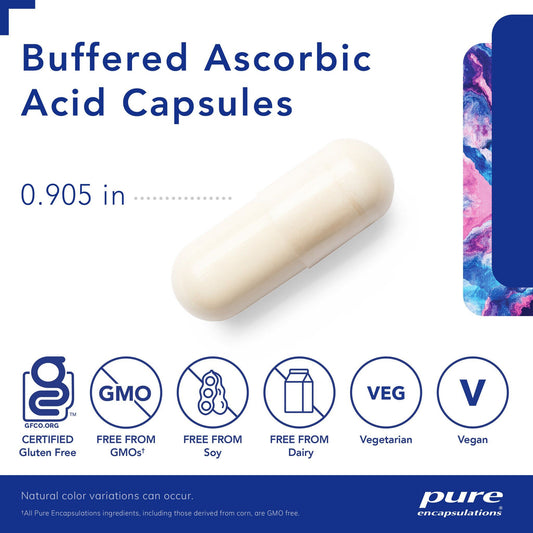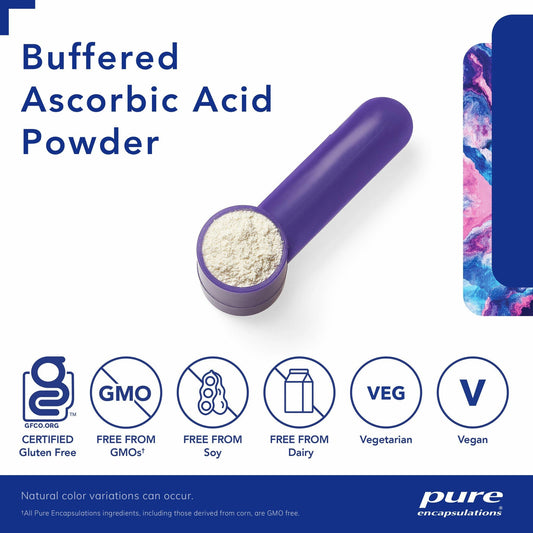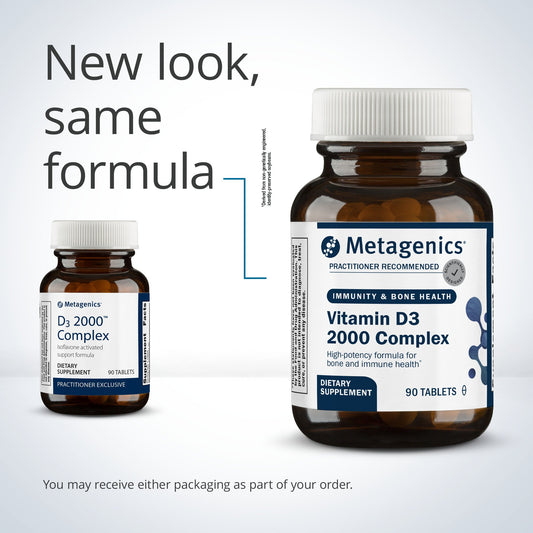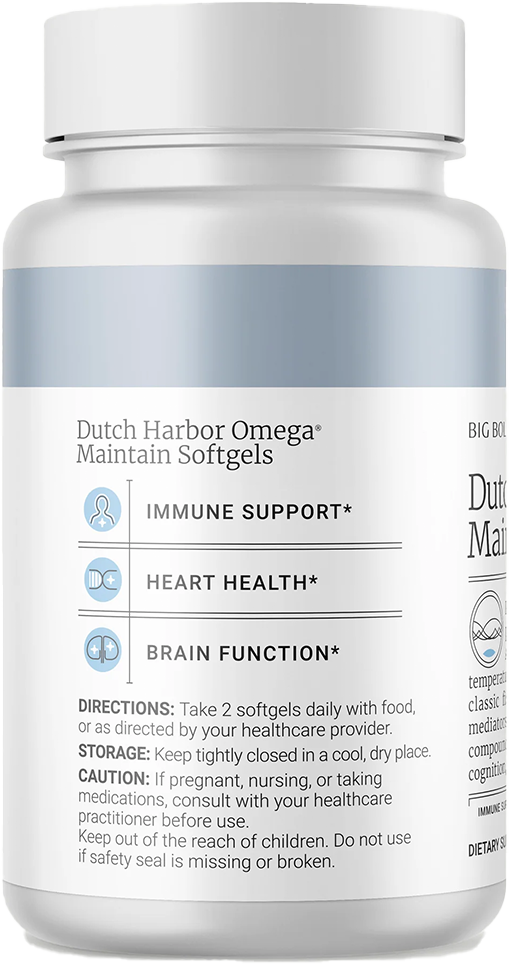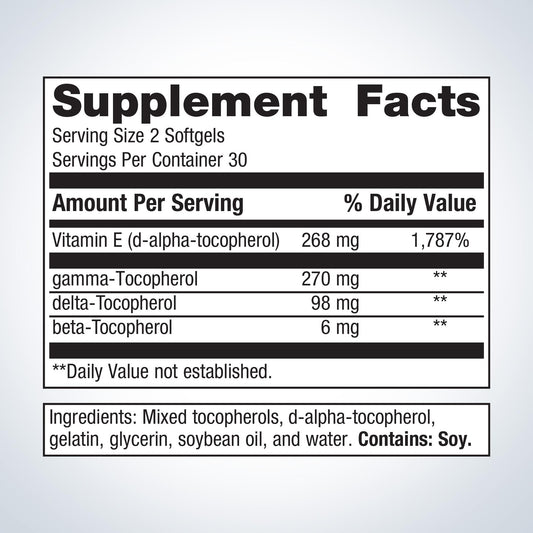The Real Story on Sunscreen, Sunblock, and Supercharging Your Sun Protection with Antioxidants.

Have you heard the buzz about sunscreen on social media? A wave of influencers are promoting the idea that sun protection products are unnecessary and even dangerous.
That’s a pretty bold statement. But is it true?
While the allure of a sun-kissed glow is tempting, science tells us a different story.
This is because a sunburn is much more than just a red flag for minor sun damage. It's a visible indication that cells are dying within the skin, and your body is trying to repair the injury by initiating an immune response, causing redness, pain, and swelling.
Even without an overt sunburn, every tan, no matter how light, is a sign that your skin has been hurt and is struggling to protect itself. Yes, the so-called “healthy glow” is actually a sign of skin damage and “inflammaging.”
So I want to unpack why protecting yourself from the sun is essential to the longevity of your largest organ; and how you can nourish your skin’s health from the inside out with the help of antioxidants.
Inflammation and Aging: The Silent Threat
The idea of protecting your skin from UV damage goes beyond preserving your youthful appearance or preventing sunburn—it's crucial for overall health and preventing inflammation in your body.
UV radiation generates free radicals and reactive oxygen species (ROS) in the skin, damaging DNA, proteins, and lipids. Your body sees UV damage as an injury, triggering an inflammatory response that isn't confined to the skin but affects the entire body.¹˒²
While acute inflammation is necessary for healing, if it goes on too long, it can become chronic low-grade inflammation. This is a process known as "inflammaging," and it can accelerate aging and harm your health. Each time your skin is exposed to excessive UV rays, it initiates skin inflammaging.³
Over time, repeated bouts of inflammation can accelerate aging in your skin and throughout your body, contributing to visible signs of photo-aging such as wrinkles and sunspots, and even increasing the risk of developing skin cancer.
So the takeaway here is that sunblock and other sun protection measures don't just prevent sunburn—they combat a significant source of chronic inflammation and potentially slow aging at the cellular level.
The Science Behind Sunscreen and Sunblock
Sunblock and sunscreen are often used synonymously, because both do the job of protecting you from the sun. But did you know the way they work is actually quite different from one another?
Sunblock works like a shield—it physically blocks UV rays from reaching the skin. It contains mineral ingredients like zinc oxide or titanium dioxide that sit on the skin’s surface, reflecting UV radiation away.
Sunscreen, on the other hand, is like a sponge for those UV rays—it literally absorbs UV radiation, preventing it from penetrating the skin. Sunscreen typically contains chemical ingredients like oxybenzone, avobenzone, and octinoxate.
And here's where things get controversial. Some people are worried about chemical ingredients in sunscreen. Experts say that oxybenzone, avobenzone, and octinoxate sneak into your bloodstream and can mess with your hormones. There’s also evidence these chemicals are harmful to coral reefs. That's why some places have actually banned certain sunscreens, and why the FDA is taking a closer look.⁴
But don't worry, there are plenty of options out there to keep your skin safe while scientists figure all this out. Consider opting for a mineral formula. The Environmental Working Group (EWG) reviewed many options that are safe for humans and the environment. (You’ll note that some products they recommend do indeed use the term “sunscreen” to describe sunblock.)
How Antioxidants Protect Your Skin
While protecting your skin from the outside is crucial, supporting it from within is equally important. Antioxidants play a key role in this inside-out approach to skin health because they neutralize free radicals—unstable molecules that can cause cellular damage and skin cancer.⁵
As a result, antioxidants help mitigate this damage by:
- Protecting skin cells from damage in the first place.
- Promoting repair of damaged skin cells.
- Making it more resilient to future damage.
Top Antioxidants for Skin Health
A diet packed with antioxidants is key to giving your skin a boost from the inside out.⁶
Here are a few examples of top antioxidants for skin health and the foods where you can find them:
-
Beta-carotene converts to vitamin A in the body to protect the skin from UV damage and slow down the aging process. Best sources: carrots, sweet potatoes, and dark leafy green like spinach and kale.
-
Vitamin C is known for its brightening properties, its ability to boost collagen production, and counteracting skin aging with anti-wrinkle properties. Best sources: citrus fruits, bell peppers, berries, kiwi, broccoli, and many others.
-
Vitamin E is a powerful antioxidant that protects cell membranes from oxidative stress. It also improves skin elasticity and softness, while decreasing the look of sunspots. Best sources: almonds, sunflower seeds, hazelnuts, and avocados.
- Polyphenols have hydrating, smoothing, softening, soothing, and anti-inflammatory effects. Best sources: any brightly-colored fruits and vegetables, like berries, pomegranate, grapes, and of course dark chocolate and green tea.
Combining External and Internal Protection
Combining external sun protection with internal antioxidant support creates a comprehensive defense against UV damage. Here’s how you can integrate both approaches into your daily routine:
- Morning Routine: Apply a broad-spectrum sunscreen with at least SPF 30 after your moisturizer. For added benefits, incorporate a vitamin C serum to protect against oxidative stress throughout the day.
- Diet: Start your day with a smoothie rich in antioxidants—think berries, spinach, and a sprinkle of chia seeds.
- Hydration: Drink water throughout the day. Mayo Clinic recommends that men drink about 15 cups per day, and women—11 cups.
- Supplements: Consider taking a daily antioxidant supplement, especially if you have a demanding lifestyle or dietary restrictions.
- Evening Routine: After cleansing, apply a moisturizer with antioxidants to repair and nourish your skin overnight. I like this one by Dr. Hauschka, but there are lots of options out there (I have no affiliation with this brand).
Protecting your skin from the sun’s harmful rays and supporting it from within with antioxidants is essential for long-term skin health. Don’t be swayed by the latest social media trends that dismiss the importance of sun protection. Instead, take a balanced approach by using sunblock daily and nourishing your skin with antioxidant-rich foods and skincare products. Your skin is your body’s largest organ, and it deserves the best care, both inside and out.
References
1. de Jager TL, Cockrell AE, Du Plessis SS. Ultraviolet Light Induced Generation of Reactive Oxygen Species. Adv Exp Med Biol. 2017;996:15-23. doi: 10.1007/978-3-319-56017-5_2. PMID: 29124687.
2. Ciążyńska M, Olejniczak-Staruch I, Sobolewska-Sztychny D, Narbutt J, Skibińska M, Lesiak A. Ultraviolet Radiation and Chronic Inflammation-Molecules and Mechanisms Involved in Skin Carcinogenesis: A Narrative Review. Life (Basel). 2021 Apr 8;11(4):326. doi: 10.3390/life11040326. PMID: 33917793; PMCID: PMC8068112.
3. Zhuang Y, Lyga J. Inflammaging in skin and other tissues - the roles of complement system and macrophage. Inflamm Allergy Drug Targets. 2014;13(3):153-61. doi: 10.2174/1871528113666140522112003. PMID: 24853681; PMCID: PMC4082166.
4. Matouskova K, Vandenberg LN. Towards a paradigm shift in environmental health decision-making: a case study of oxybenzone. Environ Health. 2022 Jan 8;21(1):6. doi: 10.1186/s12940-021-00806-y. PMID: 34998398; PMCID: PMC8742442.
5. Emanuelli M, Sartini D, Molinelli E, Campagna R, Pozzi V, Salvolini E, Simonetti O, Campanati A, Offidani A. The Double-Edged Sword of Oxidative Stress in Skin Damage and Melanoma: From Physiopathology to Therapeutical Approaches. Antioxidants (Basel). 2022 Mar 23;11(4):612. doi: 10.3390/antiox11040612. PMID: 35453297; PMCID: PMC9027913.
6. Michalak M, Pierzak M, Kręcisz B, Suliga E. Bioactive Compounds for Skin Health: A Review. Nutrients. 2021 Jan 12;13(1):203. doi: 10.3390/nu13010203. PMID: 33445474; PMCID: PMC7827176.
Related Longevity Articles
-

-
 8 min read
8 min readFresh Starts and Fast Results: Your 10-Day Plan for the New Year
Diet & Nutrition Longevity -
 9 min read
9 min readAmerica’s New Dietary Guidelines Get the Big Picture Right—and That’s a Big Deal
Diet & Nutrition Longevity -

-

-

-

-

Skin Health Support
-
ADK EVAIL™
Regular price $42.99 / 60 SoftgelsRegular priceUnit price / per -
Arctic Cod Liver Oil Capsules
Regular price $47.95 / 180 SoftgelsRegular priceUnit price / per -
Arctic-D Cod Liver Oil - Lemon
Regular price $33.95 / 48 TeaspoonsRegular priceUnit price / per -
B-Complex Plus
Regular price $42.00 / 120 CapsulesRegular priceUnit price / per -
Bioactive Collagen Complex Daily Foundational Support
Regular price $59.00 / 13.9 oz PowderRegular priceUnit price / per -
Biotin 8mg
Regular price $26.50 / 120 CapsulesRegular priceUnit price / per -
Buffered Ascorbic Acid Capsules - 250 count
Regular price $65.50 / 250 CapsulesRegular priceUnit price / per -
Buffered Ascorbic Acid Capsules - 90 count
Regular price $26.50 / 90 CapsulesRegular priceUnit price / per -
Buffered Ascorbic Acid Powder (RS)
Regular price $39.00 / 227g PowderRegular priceUnit price / per -
D3 2000 Complex (formally Iso D3 2000 IU)
Regular price $30.75 / 90 TabletsRegular priceUnit price / per -
Dutch Harbor Omega Maintain Capsules
Regular price $70.00 / 120 Softgels CapsulesRegular priceUnit price / per -
Vitamin E Mixed Tocopherols
Regular price $32.75 / 60 Softgel CapsulesRegular priceUnit price / per
Login
- Choosing a selection results in a full page refresh.
- Opens in a new window.









